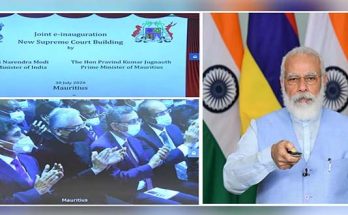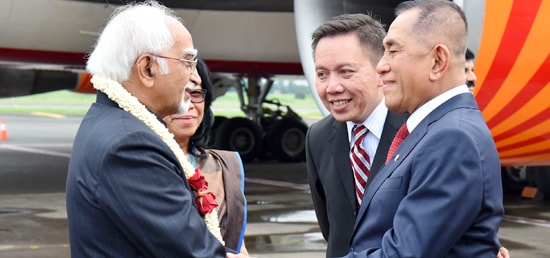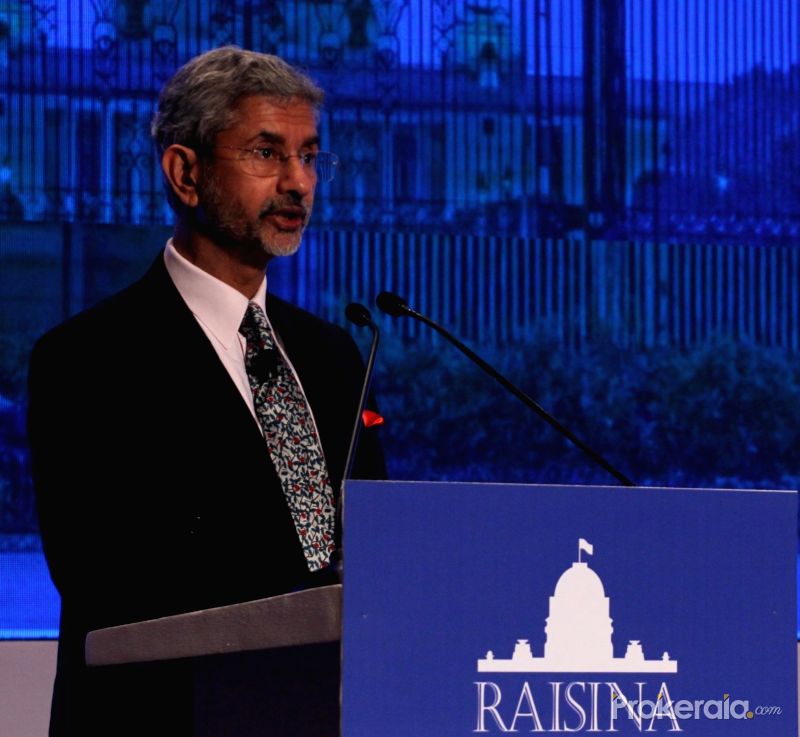Against the backdrop of the Indian Ocean turning into a theatre of geopolitical competition and increased Chinese forays into this strategic water body, the 21 littoral nations whose shores are washed by this strategically located resource-rich body will hold its first ever summit of leaders in the Indonesian capital Jakarta on March 7.
India, a preeminent Indian Ocean power, has high stakes in moulding the outcomes of the maiden summit of the Indian Ocean Rim Association. The first IORA summit is special as it also marks the 20th anniversary of the grouping of the Indian Ocean littoral states. Ideally, Prime Minister Narendra Modi, who has been trying to shape a strategic and cooperative vision of the Indian Ocean Region, should be participating in the summit, but the crucial elections in India’s largest state Uttar Pradesh has kept him away from this important gathering of leaders of the region. Vice-President Hamid Ansari, a veteran diplomat, is expected to unveil India’s agenda and priorities at the summit in Jakarta on March 7.
Blue will be the reigning colour at the IORA leaders’ discussions in Jakarta. If all goes well, the summit should come out with a joint plan for the development of the blue economy which entails sustainable development of ocean resources by avoiding debilitating resource competition. Prime Minister Modi is an ardent proponent of the blue economy.
The increasing strategic salience of the Indian Ocean can’t be overemphasised. China will be the elephant in the room when the leaders of IORA nations meet in Jakarta as most of them have some form of China anxiety.
Read More







